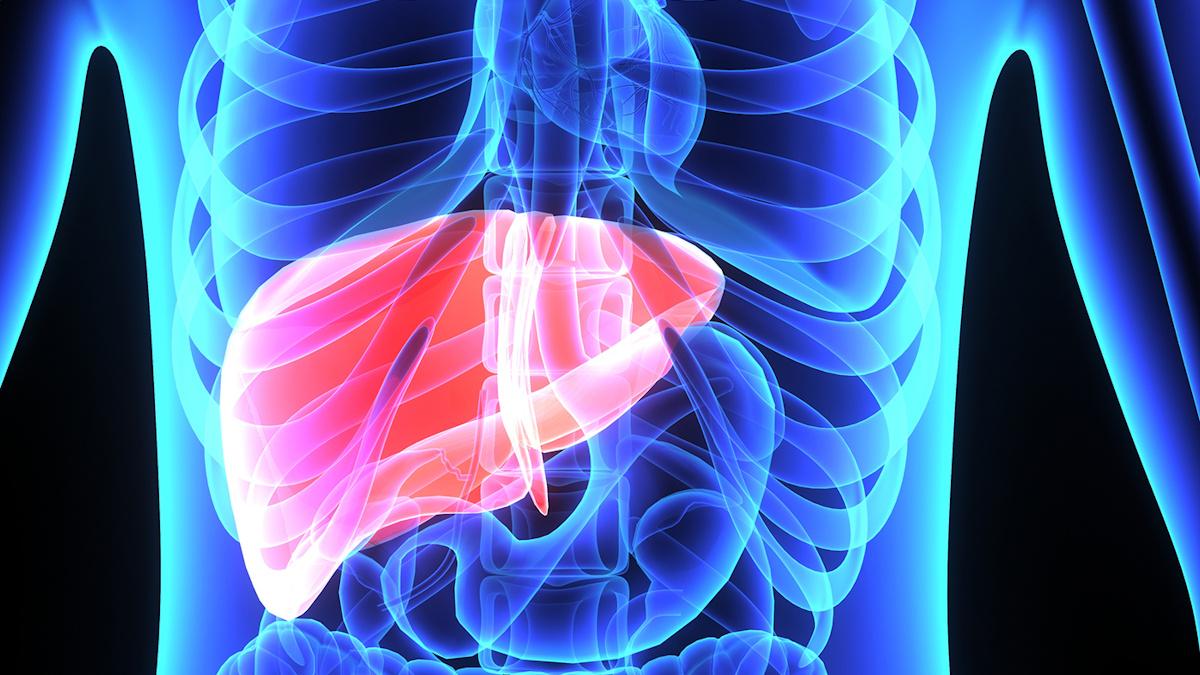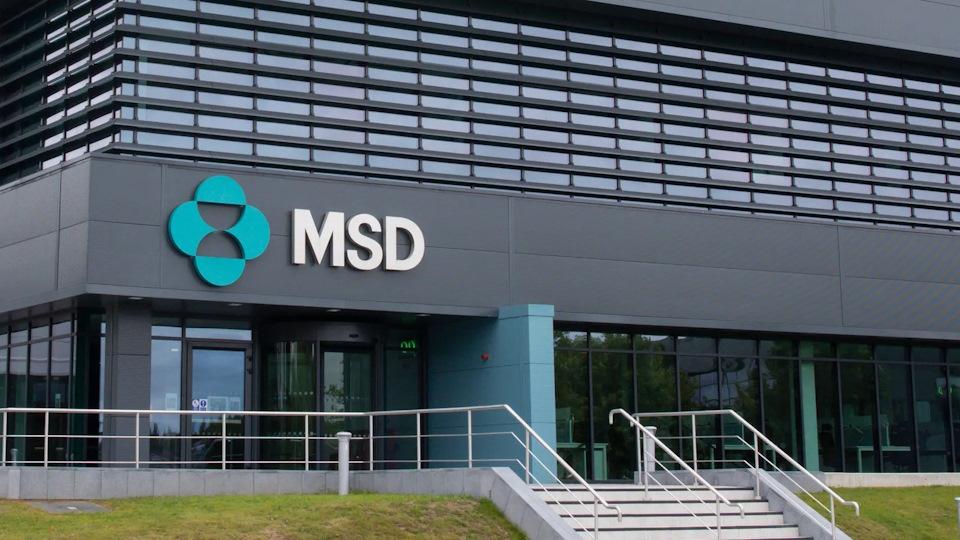BMS gets another FDA okay for Opdivo/Yervoy combo

Bristol-Myers Squibb has claimed its second FDA approval in the space of a few days for its immuno-oncology combination of Opdivo and Yervoy, this time in newly diagnosed liver cancer.
PD-1 inhibitor Opdivo (nivolumab) and CTLA4 inhibitor Yervoy (ipilimumab) can now be used as a first-line therapy for unresectable or metastatic hepatocellular carcinoma (HCC) – the most common form of liver cancer - after improving overall survival in the open-label CheckMate-9DW trial.
In the trial, Opdivo/Yervoy-treated patients had a 21% reduced risk of death compared to a control group treated with Bayer's Nexavar (sorafenib) or Eisai's Lenvima (lenvatinib), both tyrosine kinase inhibitors (TKIs), with a median overall survival (OS) of 23.7 months and 20.6 months, respectively.
The approval makes an Opdivo regimen an option for HCC again, after the drug was pulled from the market in 2021 as a second-line treatment in people previously treated with Nexavar in the wake of a failed confirmatory trial.
In the new first-line indication, it will compete with PD-1/PD-L1 inhibitor immunotherapies based on Roche's Tecentriq (atezolizumab) and AstraZeneca's Imfinzi (durvalumab), which were cleared by the FDA in 2020 and 2022, respectively.
The CheckMate-9DW investigators have suggested that the OS data with Opdivo/Yervoy will make it a go-to treatment and continue the shift towards combination immunotherapy as the preferred first-line option of advanced HCC and away from single-agent TKIs.
At the moment, alternatives are Tecentriq plus VEGF inhibitor bevacizumab and Imfinzi with AZ's CTLA4 inhibitor Imjudo (tremelimumab), which have also shown improvements in survival, but which – so far, at least – have not reached statistical significance.
"The CheckMate-9DW approval is an important advancement for patients, considering the incidence of liver cancer has tripled in the last four decades, yet, prognosis for HCC patients remains poor," commented study investigator Aiwu Ruth He, of MedStar Georgetown University Hospital.
"The availability of a new first-line treatment option that demonstrated a deep response can offer adults with this form of liver cancer long-term overall survival and may help address an unmet need," she added.
"Given the strength of evidence from the trial, especially considering the selection and performance of a strong comparator arm, I believe that Opdivo plus Yervoy has the potential to become a standard of care for the first-line treatment of patients with unresectable or metastatic HCC."
One possible hindrance to Opdivo/Yervoy in this setting is the regimen's toxicity – Yervoy can be particularly hard to tolerate – although, that is also an issue with Imfinzi/Imjudo.
Tecentriq/bevacizumab also has a pretty strong profile, however, and some commentators have suggested this will remain a major feature of first-line treatment, with BMS' combination perhaps reserved for patients who are not eligible for treatment with the anti-CD20 antibody.
The liver cancer approval follows a green light from the FDA last week for Opdivo and Yervoy in previously untreated metastatic microsatellite instability-high (MSI-H) or mismatch repair deficient (dMMR) colorectal cancer that cannot be treated with surgery, based on the CheckMate-8HW study.












